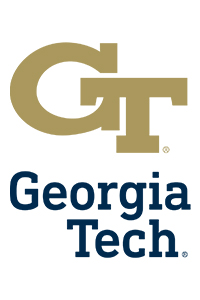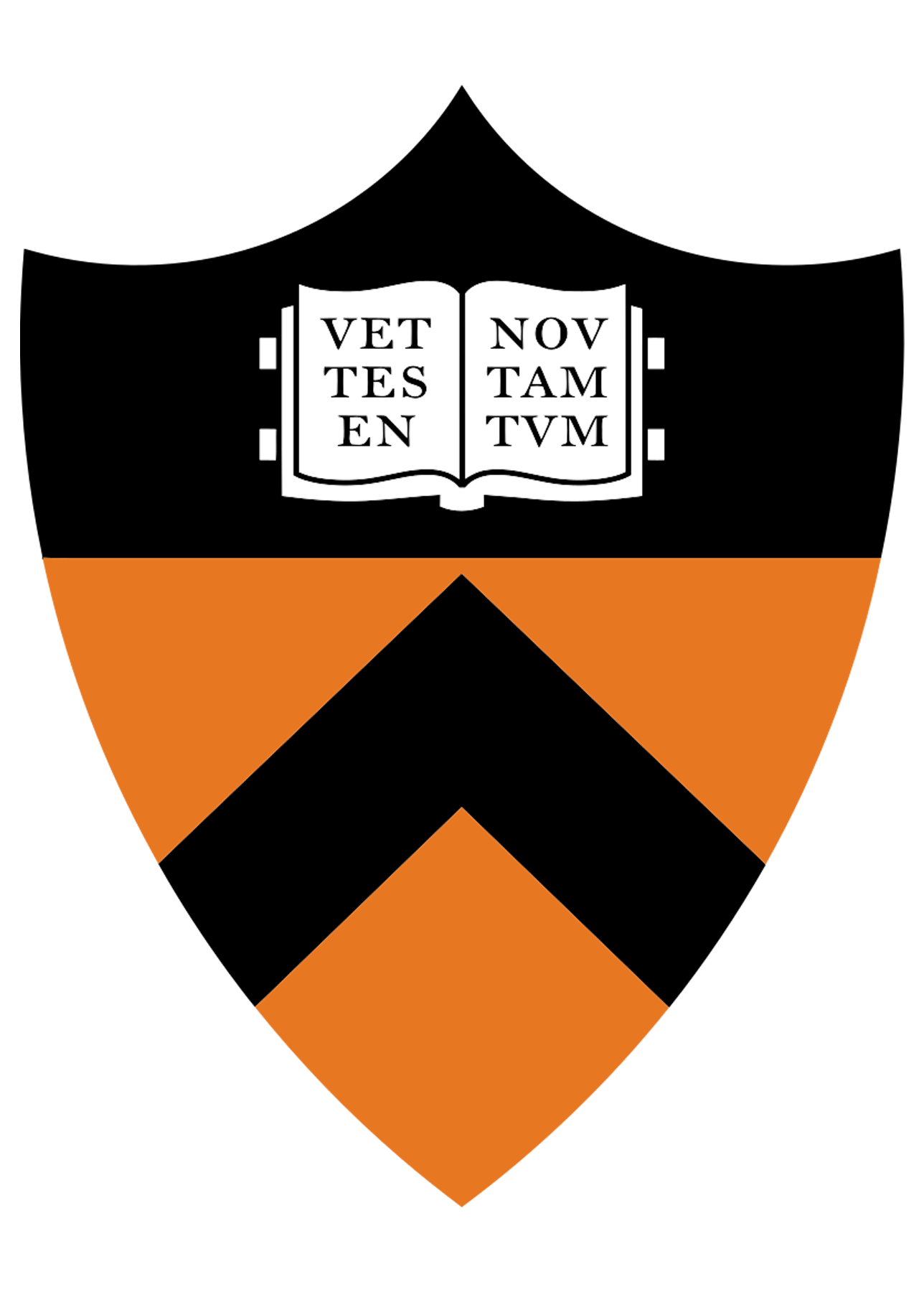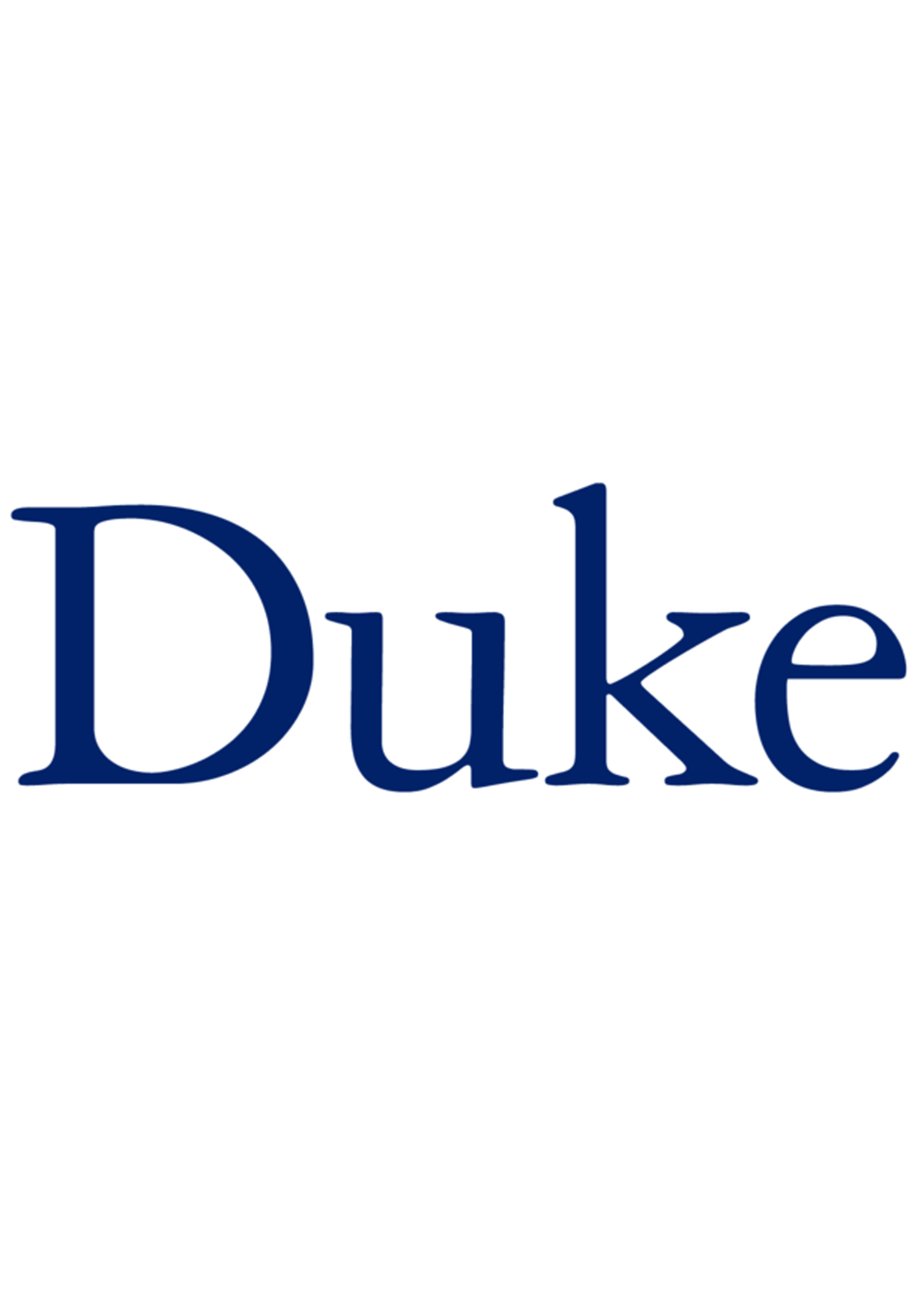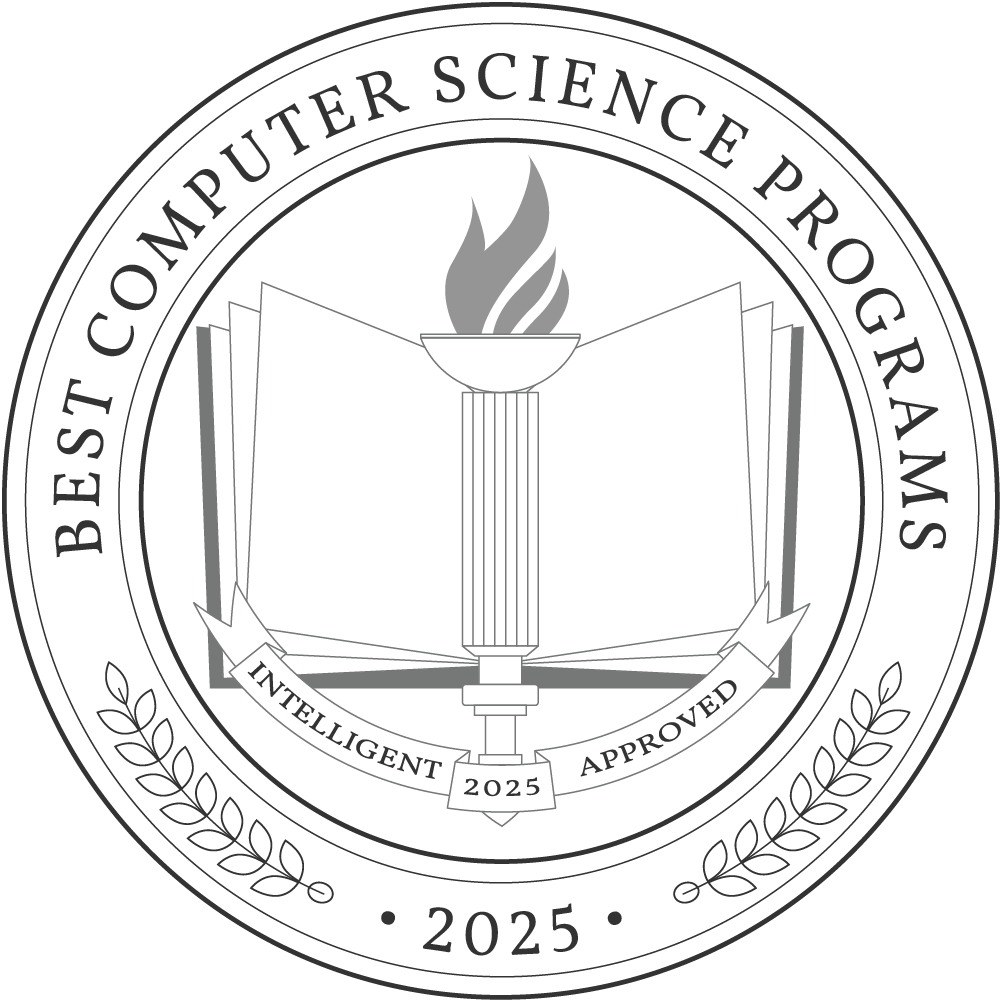A computer science degree provides a thorough understanding of computer systems, cybersecurity, and networks. It equips students with the technical and analytical skills to succeed in careers in the federal government, colleges and universities, and private companies. Graduates often work as software developers, computer system analysts, database administrators, and information security analysts.
Computer science graduates are highly sought after in the job market and often obtain high-paying roles. The median annual salary for those in computer and information technology careers is $104,420. However, wages vary depending on position, industry, and location. Information security analysts have a median annual salary of $120,360, while web developers and digital designers have a median yearly wage of $92,750.
Most undergraduate computer science programs require the completion of 120 to 180 credits for graduation, which often takes students four years of full-time study. Part-time and accelerated programs are also available for students who wish to study at their own pace. The average annual cost for computer science programs is $16,618 but varies depending on the program, institution, and student living requirements.
Why Trust Us
The Intelligent.com Higher Education Team is dedicated to providing students with independent, equitable school and program rankings and well-researched resources. Our expert-driven articles cover topics related to online colleges and programs, paying for school, and career outlooks. We use data from the U.S. Department of Education’s College Scorecard, the National Center for Education Statistics, and other reputable educational and professional organizations. Our academic advisory team reviews content and verifies accuracy throughout the year for the most current information. Partnerships do not influence rankings or editorial decisions.
- Analyzed over 2,000 national, accredited, and nonprofit colleges and universities
- 800+ rankings pages are reviewed and updated yearly
- Content is informed by reputable sources, surveys, and interviews with academic advisors and other experts
- Over 100 data points are reviewed for accuracy and quality throughout the year, including sources
How we rank schools
Our list features the best Computer Science degree programs at top colleges nationwide. Each school featured is a nonprofit, accredited institution — either public or private — with a high standard of academic quality for post-secondary institutions.
We evaluated each school’s program on tuition costs, admission, retention and graduation rates, faculty, reputation, and the student resources provided for online students. We collected data from trusted sources like the National Center for Education Statistics, individual school and program websites, school admissions counselors, and other data sources. Then, we calculated the Intelligent Score on a scale of 0 to 100 based on the following criterion:
Academic Quality:
- Admission rate versus enrollment rate
- Retention rate of students who return after year one
- Accreditation status (regional and programmatic)
- Nonprofit status, both private and public institutions
Graduation Rate
- Overall graduation rate
- Total number of currently enrolled students, including diversity metrics
- Student-to-faculty ratio
Cost and ROI
- In-state and out-of-state per-credit tuition rates and fees
- Required credits to graduate
- Earning potential after graduation
- Availability of federal student loans, scholarships, and other financial aid options
Student Resources
- Available student services for online-only and hybrid programs
- On-campus amenities like tutoring centers and the number of libraries
Read more about our ranking methodology.
Best 50 Accredited Computer Science Programs
FiltersInstitution Type
Status
- Intelligent Score
- Alphabetically By University Name
- Acceptance Rate
- Enrollment
- In-state Graduate Tuition
- Out-of-state Graduate Tuition
- In-state Undergraduate Tuition
- Out-of-state Undergraduate Tuition

University of California, Berkeley
Intelligent Score: 99.1In-state: $11,442
Out-of-state: $41,196
In-state: $11,442
Out-of-state: $11,442
SAT: 1310-1530
ACT: 30-35
Resident: $550
Non-Resident: $835
On-Campus
Accreditation Board for Engineering and Technology
120

Stanford University
Intelligent Score: 98.11In-state: $55,473
Out-of-state: $55,473
In-state: $54,315
Out-of-state: $54,315
SAT: 1420-1570
ACT: 31-35
$1,372
On-Campus
WASC Senior College and University Commission
124

Massachusetts Institute of Technology
Intelligent Score: 97.57In-state: $53,450
Out-of-state: $53,450
In-state: $53,450
Out-of-state: $53,450
SAT: 1510-1580
ACT: 34-36
$925
On-Campus
Accreditation Board for Engineering and Technology
122-124

Carnegie Mellon University
Intelligent Score: 96.59In-state: $57,560
Out-of-state: $57,560
In-state: $46,441
Out-of-state: $46,441
SAT: 1460-1560
ACT: 33-35
$2,694
On-Campus
Middle States Commission on Higher Education
120

Georgia Institute of Technology
Intelligent Score: 95.28In-state: $28,106
Out-of-state: $49,218
In-state: $27,898
Out-of-state: $27,898
SAT: 1370-1530
ACT: 31-35
Resident: $508
Non-Resident: $1,551
On-Campus
Southern Association of Colleges and Schools Commission on Colleges
124

Harvard School of Engineering and Applied Sciences
Intelligent Score: 94.98In-state: $49,653
Out-of-state: $49,653
In-state: $49,448
Out-of-state: $49,448
SAT: 1460-1580
ACT: 33-35
$1,695
On-Campus
New England Commission of Higher Education
128

Cornell University
Intelligent Score: 93.96In-state: $58,586
Out-of-state: $58,586
In-state: $29,500
Out-of-state: $29,500
SAT: 1400-1540
ACT: 32-35
$1,750
On-Campus
Middle States Commission on Higher Education
120

University of Illinois at Urbana - Champaign
Intelligent Score: 93.63In-state: $14,317
Out-of-state: $33,824
In-state: $15,016
Out-of-state: $15,016
SAT: 1200-1460
ACT: 27-33
Resident: $561
Non-Resident: $1,219
On-Campus
Accreditation Board for Engineering and Technology
128

University of Washington
Intelligent Score: 93.54In-state: $10,629
Out-of-state: $37,998
In-state: $16,278
Out-of-state: $16,278
SAT: 1200-1453
ACT: 27-33
Resident: $421
Non-Resident: $1,399
On-Campus
Northwest Commission on Colleges and Universities
120

UCLA Samueli School of Engineering
Intelligent Score: 93.19In-state: $11,442
Out-of-state: $41,196
In-state: $11,442
Out-of-state: $11,442
SAT: 1310-1530
ACT: 30-35
Resident: $505
Non-Resident: $790
On-Campus
Accreditation Board for Engineering and Technology
120

Princeton University
Intelligent Score: 93.12In-state: $48,502
Out-of-state: $48,502
In-state: $53,890
Out-of-state: $53,890
SAT: 1450-1570
ACT: 32-35
$2,080
On-Campus
Middle States Commission on Higher Education
120

University of Michigan
Intelligent Score: 92.41In-state: $16,520
Out-of-state: $53,669
In-state: $24,344
Out-of-state: $24,344
SAT: 1340-1520
ACT: 31-34
Resident: $1,140
Non-Resident: $2,882
On-Campus
Accreditation Board for Engineering and Technology
120-128

University of Texas at Austin
Intelligent Score: 91.47In-state: $11,448
Out-of-state: $40,032
In-state: $12,028
Out-of-state: $12,028
SAT: 1210-1470
ACT: 26-33
Resident: $540
Non-Resident: $1,922
On-Campus
Southern Association of Colleges and Schools Commission on Colleges
120

Columbia University
Intelligent Score: 90.67In-state: $57,864
Out-of-state: $57,864
In-state: $49,024
Out-of-state: $49,024
SAT: 1460-1570
ACT: 33-35
$2,041
On-Campus
Middle States Commission on Higher Education
128

University of Wisconsin
Intelligent Score: 90.38In-state: $9,273
Out-of-state: $37,161
In-state: $10,728
Out-of-state: $10,728
SAT: 1260-1460
ACT: 27-32
Resident: $373
Non-Resident: $1,353
On-Campus
Higher Learning Commission
120

Purdue University
Intelligent Score: 89.96In-state: $9,208
Out-of-state: $28,010
In-state: $9,208
Out-of-state: $9,208
SAT: 1170-1420
ACT: 25-33
Resident: $347
Non-Resident: $948
On-Campus
Higher Learning Commission
120

Duke University
Intelligent Score: 88.61In-state: $55,880
Out-of-state: $55,880
In-state: $57,900
Out-of-state: $57,900
SAT: 1470-1570
ACT: 34-35
$2,115
On-Campus
Southern Association of Colleges and Schools Commission on Colleges
120

University of Pennsylvania
Intelligent Score: 88.17In-state: $53,166
Out-of-state: $53,166
In-state: $37,678
Out-of-state: $37,678
SAT: 1460-1570
ACT: 33-35
$2,030
On-Campus
Accreditation Board for Engineering and Technology
120
How to Choose a Computer Science Program
Choose your area of study
Students can pursue four levels of computer science degrees: associate, bachelor’s, master’s, and doctoral.
- An associate degree in computer science is best for those who wish to enter entry-level positions such as a web developer, computer systems administrator, or computer programmer. It typically requires two years of full-time study and can sometimes transfer to a bachelor’s program.
- A bachelor’s degree is the most common choice for those entering the field of computer science. It requires four years of full-time study and provides foundational knowledge to succeed in positions such as web developers, IT project managers, or systems architects.
- A master’s degree expands on the foundational knowledge of a bachelor’s degree to prepare students for high-level positions. It often consists of 30 to 45 credits and requires two years of full-time study.
- A Doctor of Computer Science is the highest degree available in the field. Most doctoral programs require four to five years of study and focus on research and theory. Graduates often pursue teaching, writing, and research careers in computer science.
When studying computer science, students can choose from several specializations, including computer engineering, data science, information technology, web development, and network administration. Students can tailor elective coursework to this focus area to prepare for their chosen career path.
Research schools and programs
When researching schools, look for those that have received accreditation from a recognized organization, such as the New England Commission of Higher Education (NECHE), the Middle States Commission on Higher Education (MSCHE), or the Higher Learning Commission (HLC). Accreditation ensures that the institution meets the quality standards for learning outcomes, academic missions, and faculty.
The Accreditation Board for Engineering and Technology (ABET) accredits computer science programs. Programmatic accreditation ensures that the degree meets the curriculum standards to adequately prepare students for their future careers.
Schools offer several ways for prospective students to learn more about their programs, culture, and campus life. You can visit the school in person, attend open houses, follow them on social media, and browse their websites. Admissions advisors and program representatives can also answer questions and provide further information.
Prepare for tests and applications
Visit the admissions page on prospective program websites to determine the application requirements and deadlines. Requirements vary by institution, but most require the following:
Some schools also require you to attend an admissions interview, during which they learn more about your academic accomplishments and career goals. Contact an admissions advisor to learn more about the requirements and application process.
Select your program
If you receive acceptance to multiple programs, consider your career goals and logistical needs when making your final decision. Take the following into account:
- Is the program in-person or online?
- Is it full-time or part-time?
- Are classes synchronous or asynchronous?
- Are there housing options available?
- What is the cost of the program?
For more guidance in making a decision, contact an academic advisor. They’ll review your options and help you find the program that best suits your needs.
Determine how you’ll pay for your degree
Review the program’s annual costs to determine whether you’ll pay for the degree yourself or require financial assistance. Create a budget that includes tuition, fees, supplies, housing, transportation, and living expenses.
Visit the Free Application for Federal Student Aid (FAFSA) website and apply to determine the amount of financial aid you’re eligible to receive, including scholarships, grants, work-study funds, and loans. If you’re employed, you can also speak with your employer about any tuition assistance benefits they may offer.
What Can You Expect From a Computer Science Program?
Computer science degrees provide students with a foundational knowledge of computers and their systems. Students will learn valuable skills that prepare them for technology-focused careers, including coding, design, development, and networking. Common focus study topics include algorithms, data structures, cybersecurity, and operating systems.
Most undergraduate programs require four years of full-time study, during which students take core and elective courses. Students can tailor elective courses toward individual interests or specializations. They will use various learning methods, including lectures, exams, labs, seminars, and discussions.
Potential courses you’ll take in a computer science program
- Fundamentals of Computer Programming. Students are introduced to computer-solvable systems design, including algorithm design, solution implementation, and programming language.
- Pipelines for Games and Interactives. This course explores the aesthetic and technical development of compelling, unique, and intuitively designed games. Students will create a visual game design portfolio throughout the course.
- Software Engineering. Students learn about the process and lifecycle of software engineering. Topics covered include project management, architecture, design, implementation, and maintenance.
- Introduction to Artificial Intelligence. This course explores the concepts and algorithms used to construct intelligent systems. Students will cover agents, representation, planning, reasoning, and problem-solving related to these systems.
- Introduction to Computer and Network Security. This course covers security threats and defenses, security practices, security systems, and functionalities.
Computer Science Degree Frequently Asked Questions
How do I apply to a computer science degree program?
Visit the program website to begin your application and review the fees, deadline, and admissions requirements. Requirements will vary by institution; however, most will ask you to submit transcripts, a personal statement, SAT or ACT scores, letters of recommendation, and an essay. You can also speak with an admissions advisor to review the process and ensure you have all the required materials.
How much does a computer science degree cost?
The average cost for a bachelor’s degree in computer science is $16,618 per year. The total amount will vary depending on the school, program, and living requirements. Consider academic and living expenses that may cause this number to change, including the number of courses you take, housing, transportation, supplies, and extracurriculars.
How long does it take to earn a computer science degree?
Most bachelor’s programs in computer science require four years of full-time study and 120 to 180 credits for graduation. Students enrolled part-time or in asynchronous courses may have longer completion times as they study at their own pace. Accelerated programs are also available for those who wish to complete the program in two years.

